30+ Real Estate Marketing Samples
-
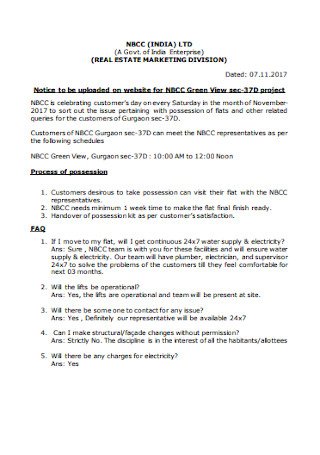
Real Estate Marketing Sample
download now -
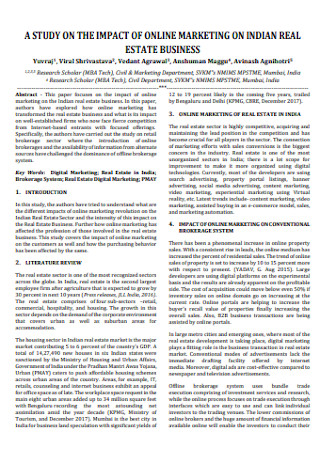
Sample Real Estate Marketing
download now -
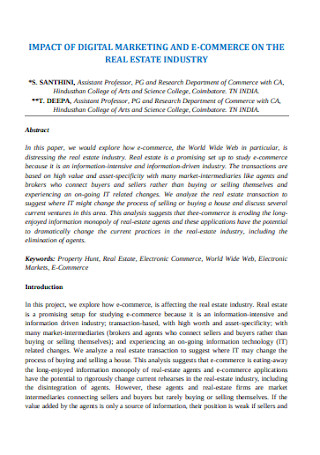
Digital Marketing for Real Estate
download now -
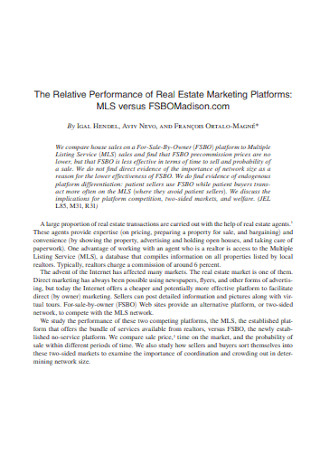
Simple Real Estate Marketing
download now -
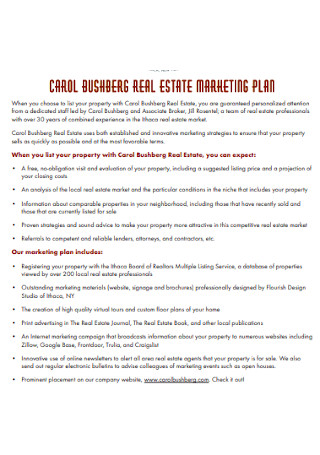
Real Estate Marketing Plan
download now -
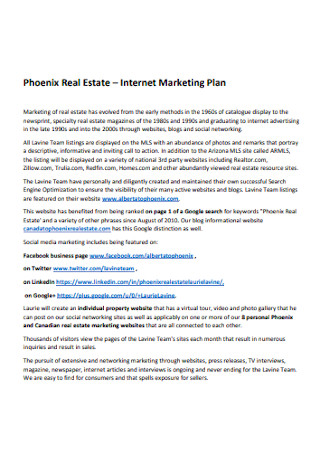
Sample Real Estate Marketing Plan
download now -
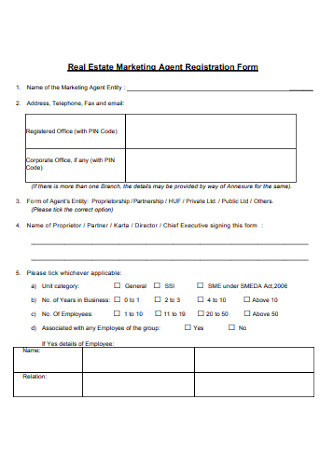
Real Estate Marketing Agent Registration Form
download now -
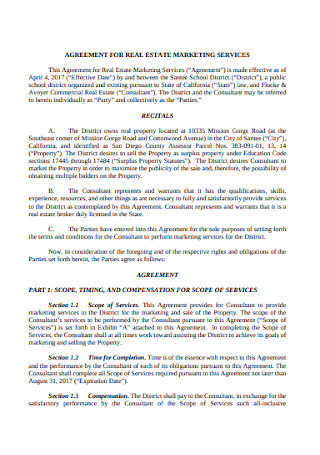
Real Estate Marketing Services Agreement
download now -
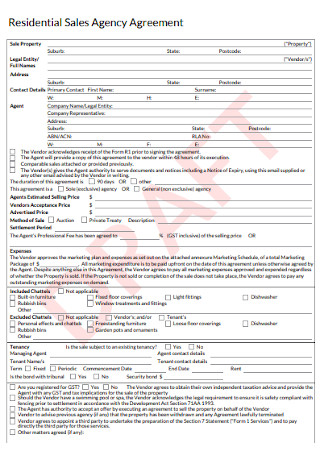
Real Estate Sales Agency Agreement
download now -
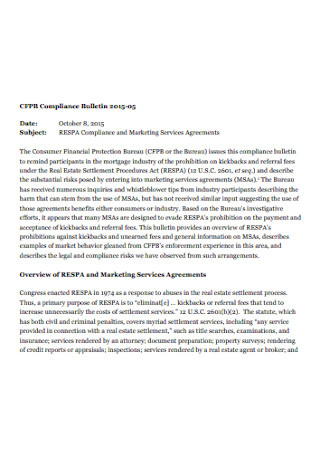
Simple Real Estate Marketing Services Agreement
download now -
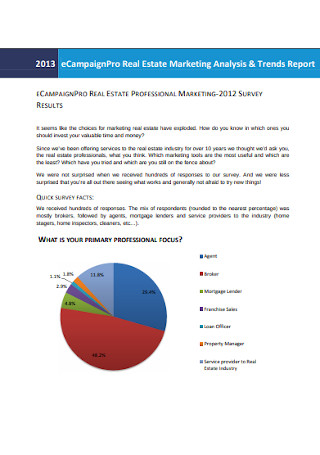
Real Estate Marketing Report
download now -
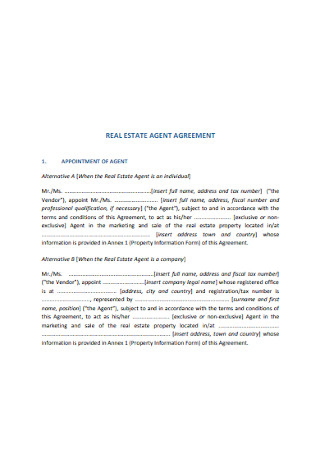
Real Estate Marketing Agent Agreement
download now -
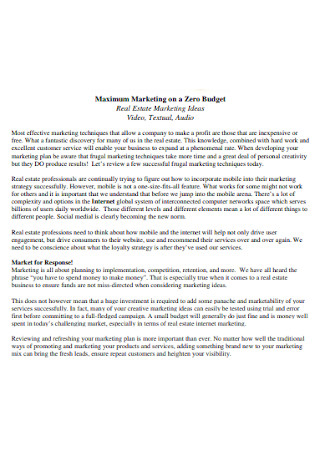
Real Estate Marketing Ideas
download now -
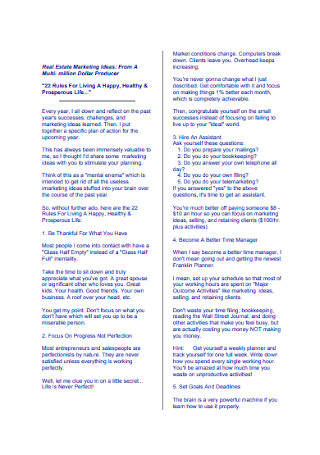
Sample Real Estate Marketing Ideas
download now -
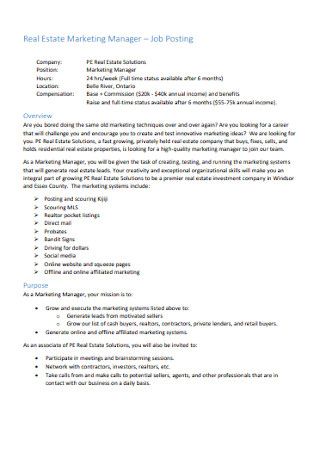
Formal Real Estate Marketing
download now -
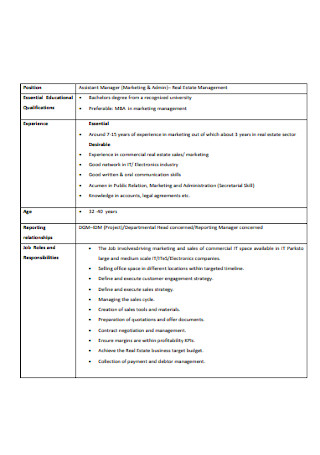
Standard Real Estate Marketing
download now -
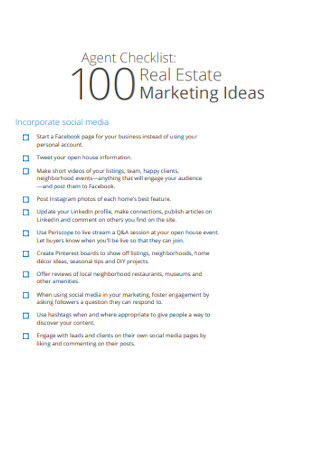
Real Estate Marketing Agent Checklist
download now -
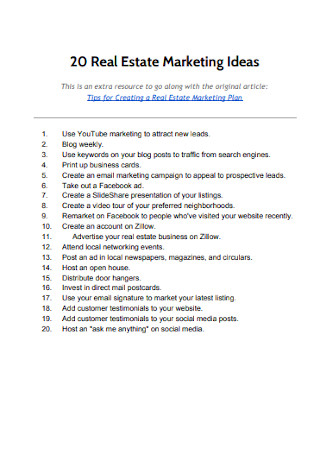
Real Estate Marketing Ideas Sample
download now -
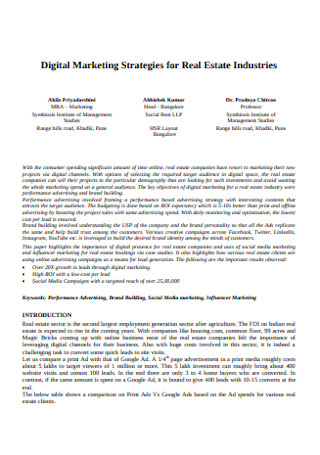
Real Estate Digital Marketing
download now -
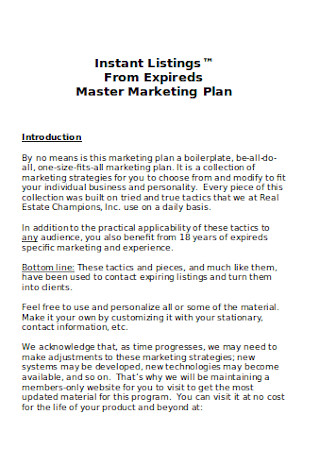
Formal Real Estate Marketing Plan
download now -
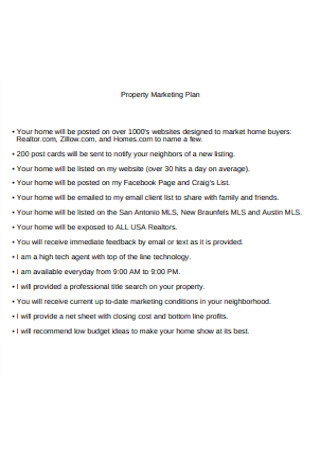
Property Marketing Plan
download now -
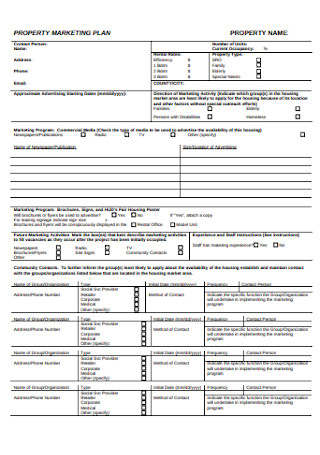
Commercial Property Marketing Plan
download now -
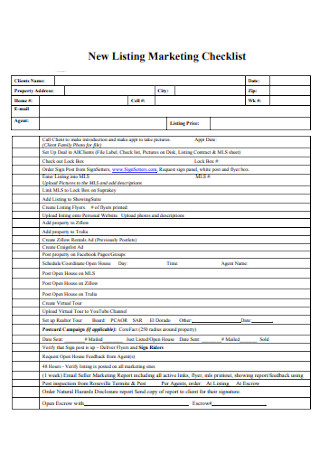
Client Property Marketing Checklist
download now -
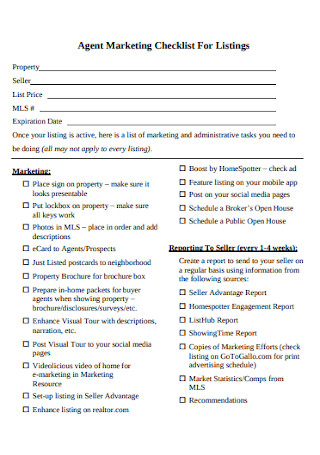
Sample Property Marketing Checklist
download now -
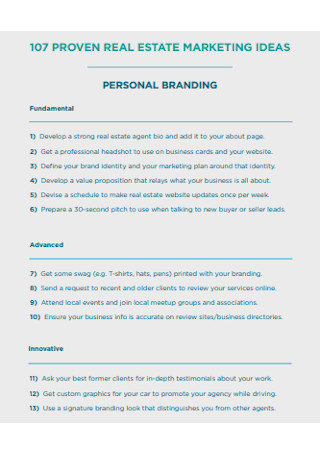
Basic Real Estate Marketing Ideas
download now -
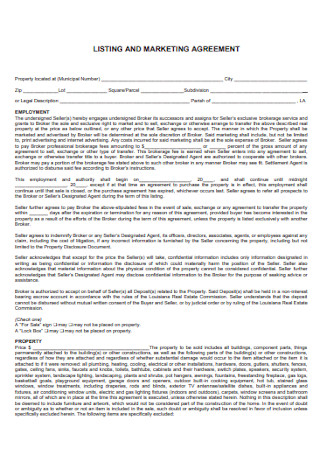
Real Estate Marketing Agreement
download now -
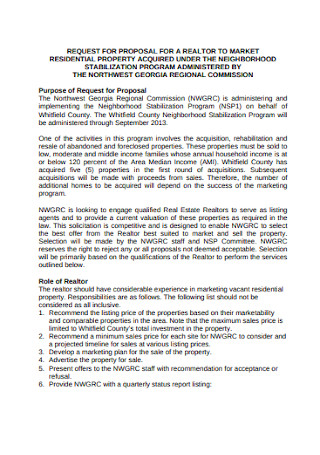
Real Estate Marketing Proposal
download now -
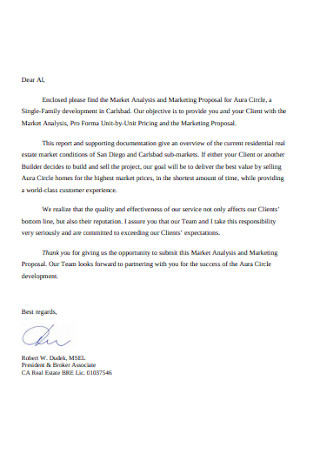
Sample Real Estate Marketing Proposal
download now -
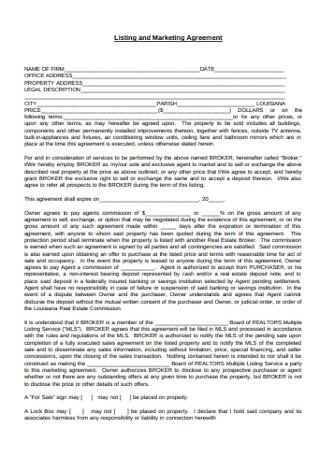
Basic Property Marketing Agreement
download now -
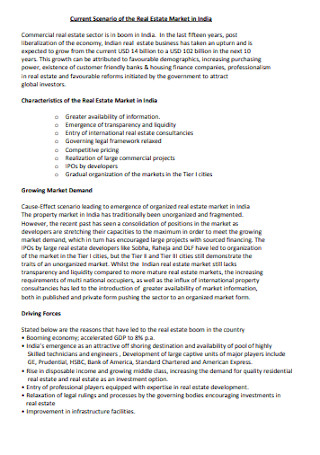
Commercial Real Estate Marketing
download now -
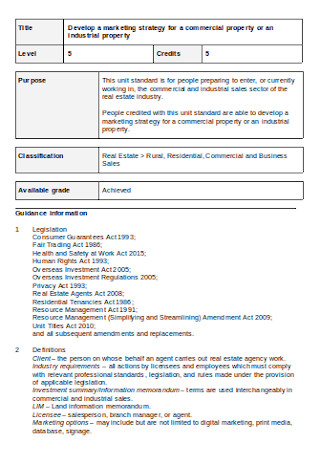
Commercial Property Marketing Sample
download now -
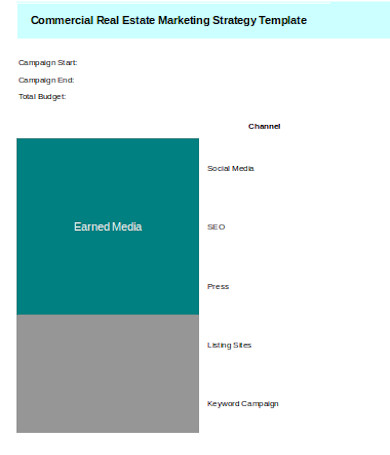
Commercial Real Estate Marketing Strategy
download now
“Across all generations, half of all home buyers use the internet to find a home and 93% of buyers who are 36 years old or younger frequently use the internet during a house search.”
“84% of homebuyers found online information to be a crucial part of their house search.”
“By 2025, Millennials are expected to form 20 million new households in the U.S.”
What Is Real Estate Marketing?
Real estate professionals tend to have multiple duties that need to be fulfilled and being a marketer is just one of them. These are the efforts needed in order to grow your business, gather as many new people as possible, and further raise awareness for your brand. As much as 87% of new homeowners find their next houses through the services of a real estate agent. Your advertising and marketing efforts can be done in multiple ways, each with its own pros and cons, and with varying levels of success that are dependent on what your specific goal is.
Types of Real Estate Marketing Strategies
Due to the vastness of the industry itself, you can bet that there is a myriad of real estate marketing strategies out there just waiting to be attempted. Every agent will likely have different goals, which is why it is best to know what they are so that you can adopt only the best and most effective tactics for your needs. Take a look at some of the examples below and see if any of them catches your fancy. All are tried and true, which guarantees a certain amount of success regardless of what it is that you prefer.
How to Get Started with Real Estate Marketing?
For those of you who are new to the business, you may find yourself wondering just what you need to do in order to get started with real estate marketing. Fortunately, there are indeed guidelines that you can follow so that you can eventually reach the level of success that you’ve always wanted. Below are nine steps that gradually take you another step closer to the accomplishment of your goals. Take note of each one and see how it all contributes to even greater achievements for real estate agents down the line.
Step 1: Establish a Real Estate Website
To start things off, it is important to note just how essential it is to have a website for your marketing efforts. Although social media is definitely an effective tool for you, it still needs to ultimately lead towards your website. By doing so, you will find it easier to build up your contact database as well as attract any new leads. According to the National Association of Realtors, out of the many agents who earned more than $150,000, approximately 82% had their very own agent websites.
Step 2: Start Practicing the Necessary Elements of a Successful Website
With a website fully established, now comes the part where you have to consider which practices are best for its overall success. Fortunately, there are already several tactics you can employ for that very reason. Among them would include: updating your SEO strategies, creating interesting property descriptions, providing comprehensive information about neighborhoods, developing effective CTA buttons, and ensuring that your website’s layout and design are eye-catching.
Step 3: Come up with Social Media Strategies
The next important component of your marketing to be concerned about would have to be your social media. Take note that the ultimate goal when you develop your social media strategy would be to get users to go visit your website. Therefore, take this opportunity to spark more interest: encourage online followers to click on links or images that will lead them to your website.
Step 4: Involve Yourself with Print Marketing
With all of the preparations for the online aspect of your overall strategy, there is no reason to forget about more traditional methods. Print marketing is still highly effective and still goes hand-in-hand with anything that you might be doing online. Business cards are still impressive enough, so print a few up once you get your own professional real estate license. Be sure to take them with you everywhere you go so you can hand them out when you get the opportunity to do so. There are also marketing collateral pieces, yard signs, and various other content that can always share with your clients.
Step 5: Join Professional Memberships
To network with other agents and professionals, there is always the choice of joining a professional organization. Competitive as real estate can be, there will always be benefits to reap from networking with one another. At first, you can start by gaining membership in the local governing body within your state before going on to join the NAR or National Association of REALTORS. However, it can also be worth joining groups such as the Rotary Club and the Young Professionals Association.
Step 6: Participate in Local Events
Yet another key towards any successful real estate marketing strategy would be localizing it. By participating in any local events, causes, and charities that you believe in, you can build a good name for yourself. Besides that, you would be doing a world of good for the community whilst getting the chance to meet other like-minded people. Who knows, you may not even need to talk about your contributions to these events; those who are serving with you might just give the news about you to others, thereby aiding in raising awareness of your brand via word of mouth.
The Dos & Don’ts of Real Estate Marketing
If you really think about it, real estate often serves as a reflection of how things are doing on a national scale. You get to ask numerous questions like “where do they want to move to and why?” Those can serve as your guide as you go through your marketing efforts although a few necessary dos and don’ts are still going to come in handy. Look at the list below and see for yourself how they can be of service to you.
The Dos
1. Do pay close attention to millennials
Back in 2017, the National Association of Realtors made a prediction that millennials would make up at least one-third of real estate buyers for the year. It should not come as a surprise that this is the generation that represents a more exciting time and lucrative opportunities. However, you also need to know that they tend to come with their own set of home buying preferences that marketers have to be aware of.
2. Do ensure that your marketing efforts are accessible for mobile devices
To continue with the topic of millennials, they are notably mobile compared to other generations. What this means is that they are more likely to check their mobile devices for news and listings. So take advantage of that by making sure all your marketing efforts are also able to reach them in that manner. Failing to do so would mean missing out on multiple opportunities.
3. To cater to your audience’s service preferences
Not everybody wants to have decisions made for them. Again breaching the topic of millennials, they are most likely to do their own research and gather any relevant information on their own. For other generations, this may not always be the case. Therefore, it is worth taking into consideration what behaviors each segment of your audience engages in and adapting your tactics to what their service preferences are.
4. Do make good use of social media
You would be hard-pressed to find many real estate professionals or agents in this day and age that willingly forgo the use of social media as a marketing platform. Almost everybody uses these platforms for a wide variety of reasons and that includes using it to look for real estate. Find the specific social media platform that works best for your specific needs and then find ways to utilize it to its highest potential. We guarantee that you won’t be disappointed with the results you get out of it.
5. Do integrate CRM software into your workflow
To succeed in today’s real estate market, you need to modernize your own approach to the profession. This not only involves your client interactions but also the behind-the-scenes work. Doing so can mean integrating Customer Relationship Management software into your workflow. Through this, you can identify prospects, keep track of their activities, and build lasting relationships based on the insights from your gathered information.
The Don’ts
1. Don’t neglect the nuances of how your audience communicates
Certain segments of your audience are going to prefer some forms of communication over others. For example, millennials tend to prefer texting over talking. By having a deep knowledge of how to better communicate with them, you can craft your marketing strategies to fit their preferences. Your messages are guaranteed to not only be more visible or noticeable, but you can also expect the reactions to it to be more positive.
2. Don’t neglect the baby boomers
With all this talk of how millennials act and what they are looking for, it goes without saying that neglecting other generations would be a mistake. Baby boomers, in particular, are now of an age where they have either retired already or are just about to enter retirement. As a result of that, many from this generation are going to be expected to start looking into downsizing or at least search for homes that need far less maintenance. If you’ve got what they are looking for, then consider this a prime marketing opportunity for you.
3. Don’t get caught up in mundane tasks by trying to do everything by yourself
As of this writing, there are numerous tools that you can use to make your job easier. Do not be afraid to use them. CRM systems can definitely handle more than just a bit of the legwork when it comes to generating leads. Social media is an easy and cheaper way to reach out to more people than ever before. Those that continue to tackle every part of their work manually are not only more susceptible to burn out, but they’ll also be left in the dust by their more efficient competitors.
4. Don’t neglect your website
Direct communication and social media are great and all, but a fully operational website can still provide your audience with far more necessary information. All you need to do is make sure that it is intuitive and accessible so that those who visit the site will have an easy and pleasant experience. Nobody wants to navigate through a highly complicated site in the first place, so neglect nothing as far as the designs and layouts are concerned.
5. Don’t neglect to foster potential relationships with mortgage lenders and loan officers
Important as it may be to develop your relationships with prospective buyers, there’s still far more out there that you can use to your marketing advantage. Loan officers, for example, are fully capable of referring to a great amount of business your way. Do not let yourself be among the 79% of real estate agents that don’t receive business leads from loan officers or lenders. Be the exception to that statistic and start working closely with lenders and loan officers today.
By now you should already have a much better idea of just how grand the scope of real estate marketing is compared to before. With the right knowledge and tools at your disposal, it is possible for anyone at all to soundly achieve all of their goals and succeed beyond their expectations. If you want, there are even marketing templates readily available for you. Take what you have learned and use it to come up with your own personal strategies and take your marketing efforts to the next level.
